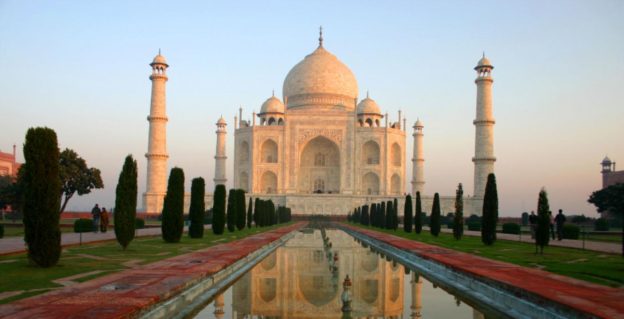Recession in the west to slow India’s export growth,supply disruptions could reappear if China comes back to global markets with full vigour.
Notwithstanding the fresh global headwinds caused by aggressive monetary tightening by the US Fed, India will likely fare better than peers and most large economies in terms of medium-term growth and inflation prospects, Chief economic advisor Anantha Nageswaran said on Friday. He, however, underlined the supportive role that the banking sector will have to play for “sustainable and lasting” economic recovery. Ensnuring finance and working capital loans to the MSMEs “at reasonable prices” is crucial.
Delivering the keynote address at the FE Modern BFSI Summit here, he said it is “very important to focus on ensuring macro stability, rather than pursuing growth” at this juncture. This is because “as shocks come and impact, we need to keep calibrating the order of priorities with respect to the economy.”
In is indeed a good sign that India is now very concerned about the 7% plus inflation rate, he said. “We are becoming inflation intolerant. And that is important to stabilise inflation expectations going forward and bringing us back (retail inflation) to the range of 2-6% at the earliest possible opportunity as global conditions permit, ” Nageswaran said.
He said the country’s banking system is “on a good wicket, …flush with funds and willing to lend.” Non-food credit has been growing at double digits for the last three months, he noted. The banking system, he said, would be in a position to easily absorb the minor tremors after completion of the Emergency Credit Line Guarantee Scheme (ECLGS) for micro, small, and medium enterprises (MSME), which, according to an SBI report, has prevented 1.35 million MSME accounts from going under.
Referring to the global situation, he said the current decade could be marked by geopolitical churns. In this context, India’s should be able to nimbly change assumptions and forecasts. “There is clearly more talk of recession and less of soft landings (in the west). With the US and the Euro zone facing extremely high inflation compared to the history, we are talking about 50% to two thirds of the global economy, likely to face a recession in the second half of the year or going into 2023. And that will naturally have an impact on our export growth, which was a stellar performance in 2021-22. These are the near term challenges, which will be with us for the next six months or 12 months, hopefully not longer,” the CEA said.
Though supply chain bottlenecks have temporarily eased in several areas, these still remain a threat with the prospect of China coming back on steam in full vigour, he said. He also said that IMF, which has a forecast of 8.2% economic growth for India for FY23 as against 7.2% by the Reserve Bank of India, might revise number downwards in July.
The RBI raised the repo rate by 50 bps to 4.9% on June 8, the second hike in as many months, in a bid to rein in the persistently high inflation. This followed a 40-bps rise in early May at an unscheduled meeting that kicked off the central bank’s tightening cycle, seen to be relatively short.
If analysts had expected an additional rate hike of 75-100 basis points by the RBI through this fiscal, the US Fed’s aggressive rate hike of 75 basis points could impel India’s central bank to go for extra rate hike of up to 125 bps in the current year. Retail inflation eased to 7.04% in May from a 95-month high of 7.79% in April, as price pressure across core and food products moderated, partly aided by a conducive base.
https://www.financialexpress.com/industry/banking-finance/macro-stability-paramount-now-its-good-sign-that-we-have-become-inflation-intolerant-cea/2564161/





